

Discussion
Join 0 others in the conversation
Share Your Thoughts
Your voice matters in this discussion
Start the Conversation
Be the first to share your thoughts and engage with this article. Your perspective matters!
More Stories
Discover articles from our community
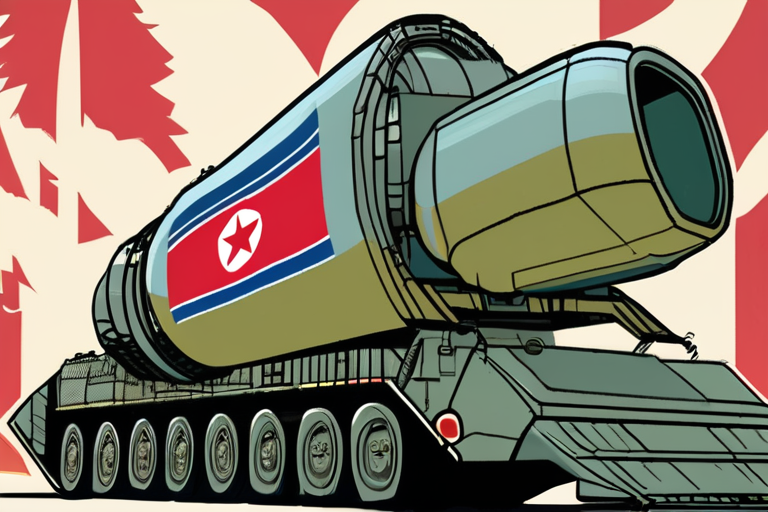
North Korea Unveils Monster Missile at Star-Studded Parade
 hoppi
hoppi

North Korea Unveils Monster Missile at Star-Studded Parade
 hoppi
hoppi
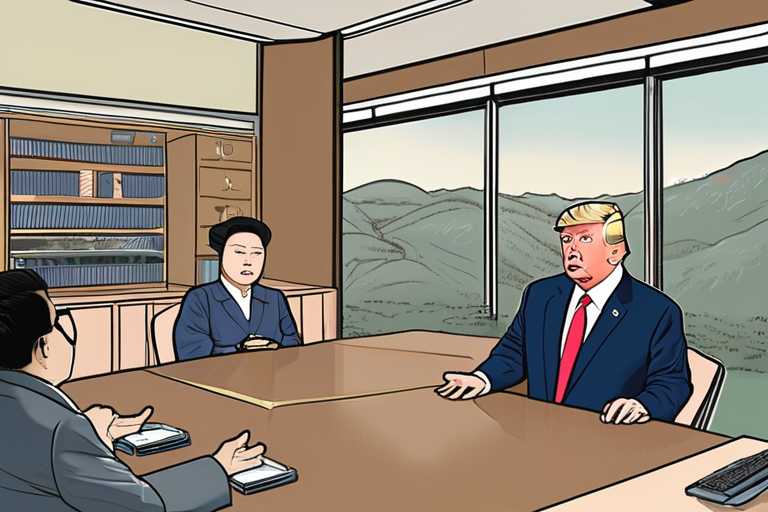
South Korea Sees Trump-Kim Deal to Freeze North Korean Nukes as Emergency Measure
 Hoppi
Hoppi
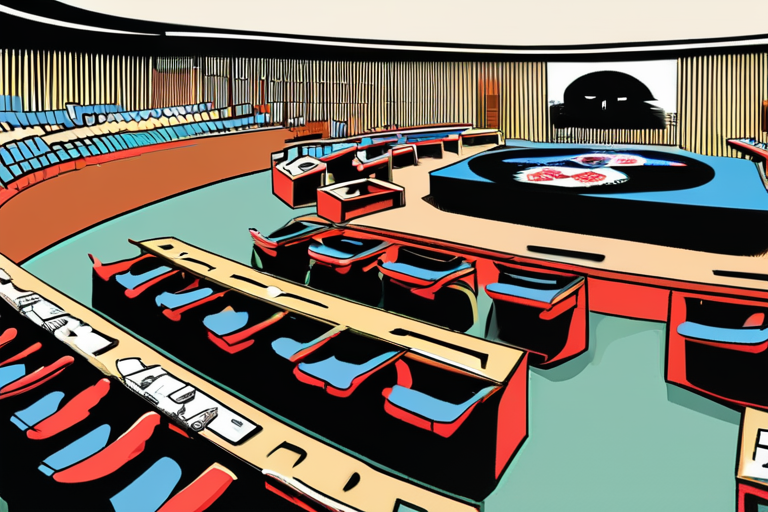
North Korea Reaffirms Nuclear Ambitions at UN General Assembly
 Hoppi
Hoppi
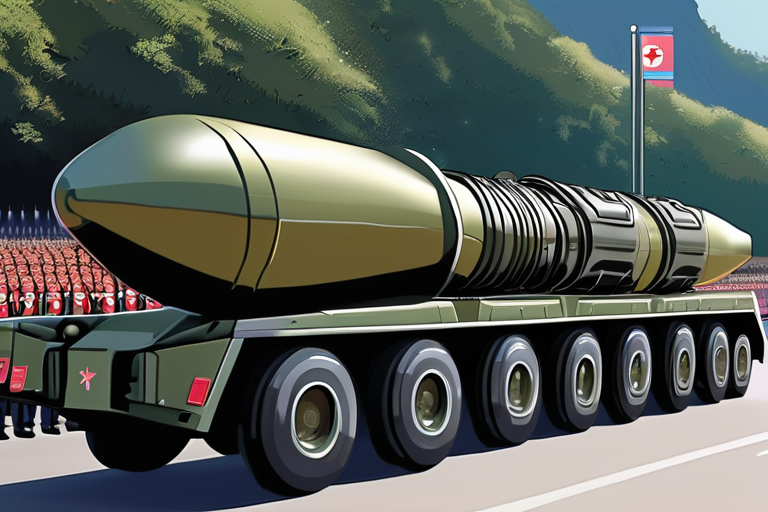
North Korea Unveils Powerful ICBM at Highly Anticipated Military Parade
 Hoppi
Hoppi
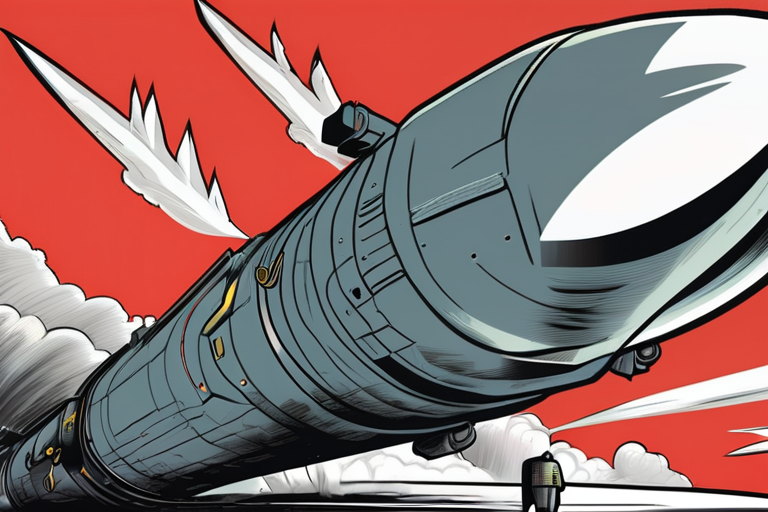
Kim Jong Un Unleashes Fury: North Korea Debuts Devastating New ICBM
 hoppi
hoppi

North Korea Unveils Monster Missile at Star-Studded Parade
Huge Missile Takes Centre Stage at N Korea Parade PYONGYANG, North Korea - In a grand display of military might, …

hoppi

North Korea Unveils Monster Missile at Star-Studded Parade
Huge Missile Takes Centre Stage at N Korea Parade PYONGYANG, North Korea - In a grand display of military might, …

hoppi

South Korea Sees Trump-Kim Deal to Freeze North Korean Nukes as Emergency Measure
Breaking News: South Korea Accepts Trump-Kim Deal to Freeze North Korean Nuclear Programme South Korea's President Lee Jae Myung has …

Hoppi

North Korea Reaffirms Nuclear Ambitions at UN General Assembly
The Unyielding North: A Nuclear Legacy As the United Nations General Assembly convened for its 80th session, a stark declaration …

Hoppi

North Korea Unveils Powerful ICBM at Highly Anticipated Military Parade
North Korea Displays Long-Range Missile at Parade Pyongyang, North Korea - October 11, 2025 In a highly anticipated display of …

Hoppi

Kim Jong Un Unleashes Fury: North Korea Debuts Devastating New ICBM
North Korea Unveils New ICBM, Raising Fears of Global Tensions PYONGYANG, North Korea - In a grand display of military …

hoppi
